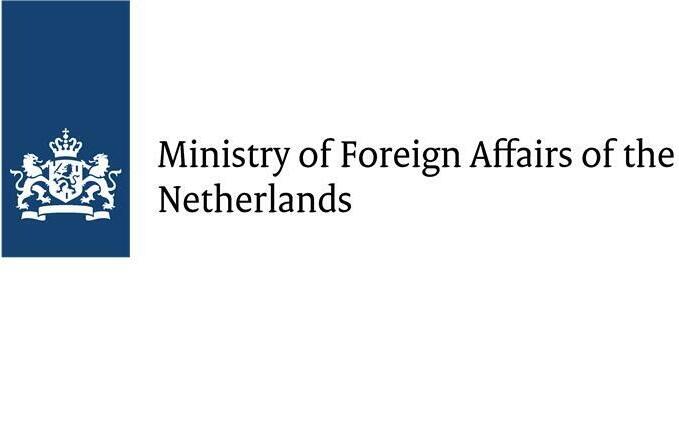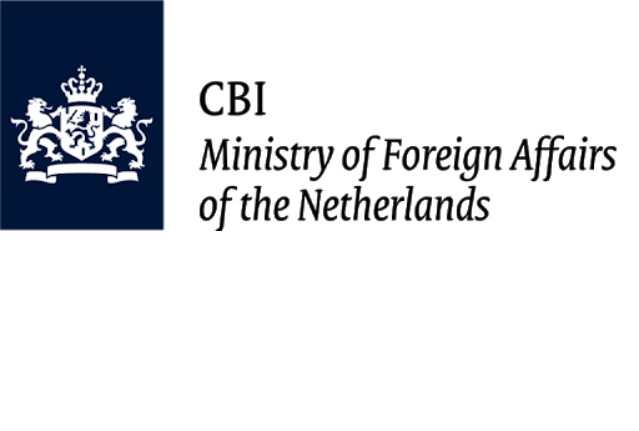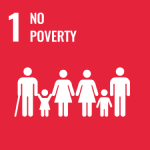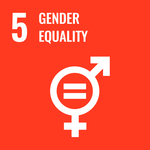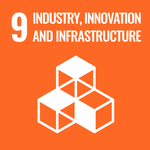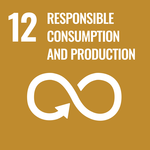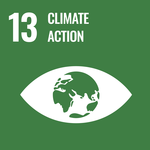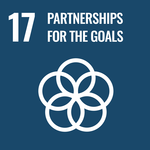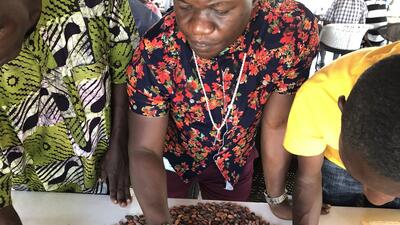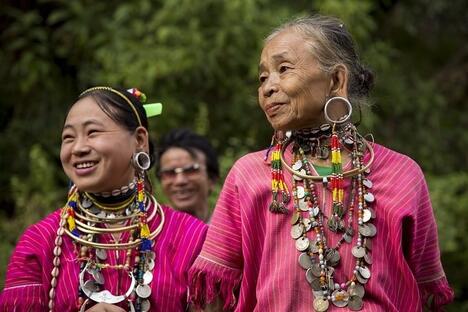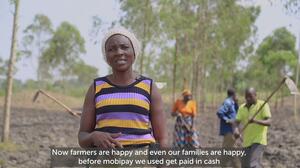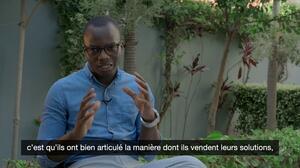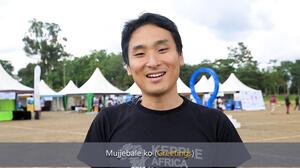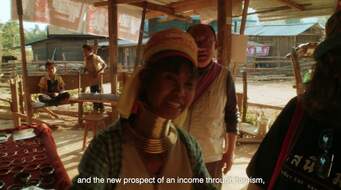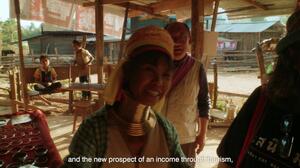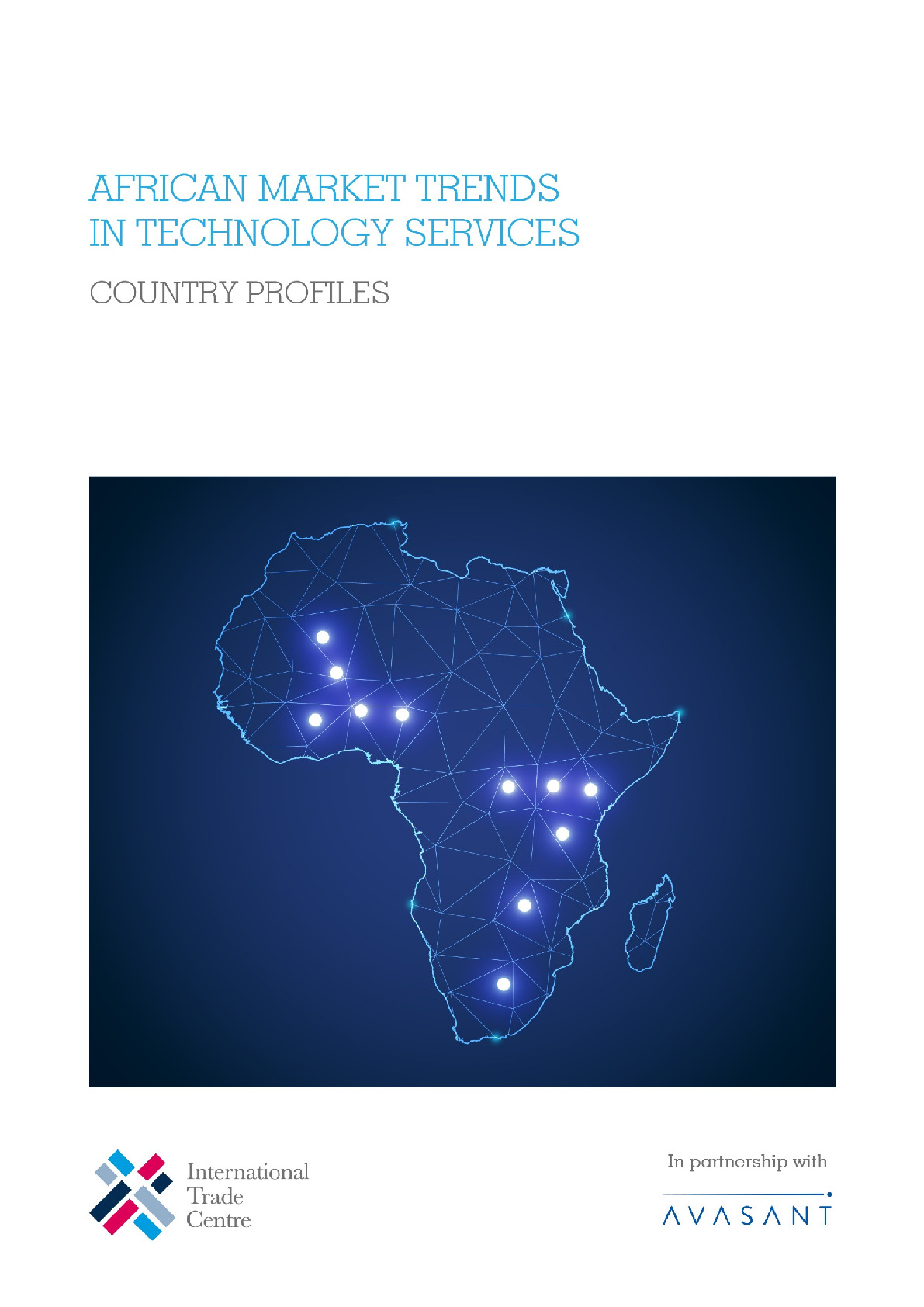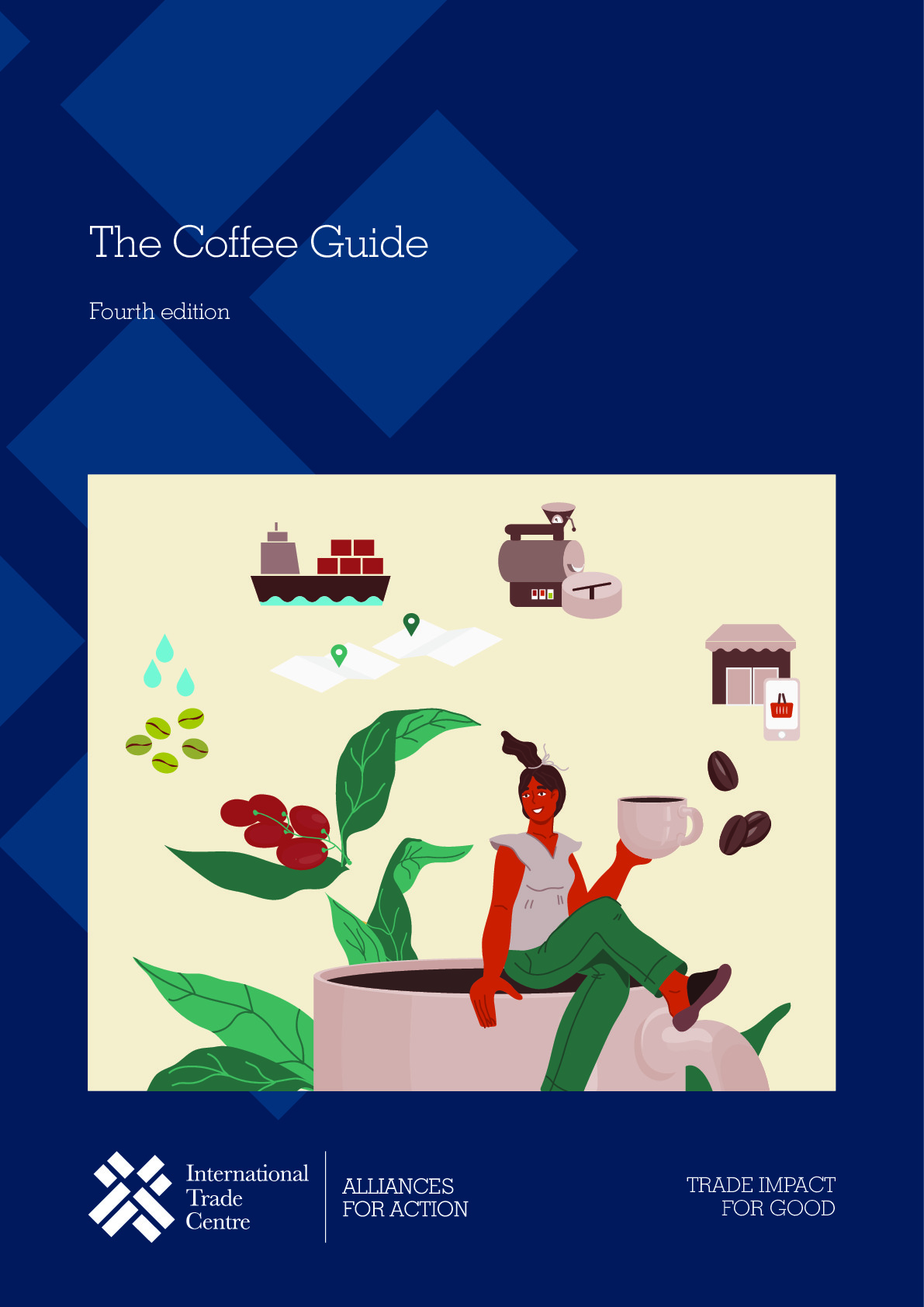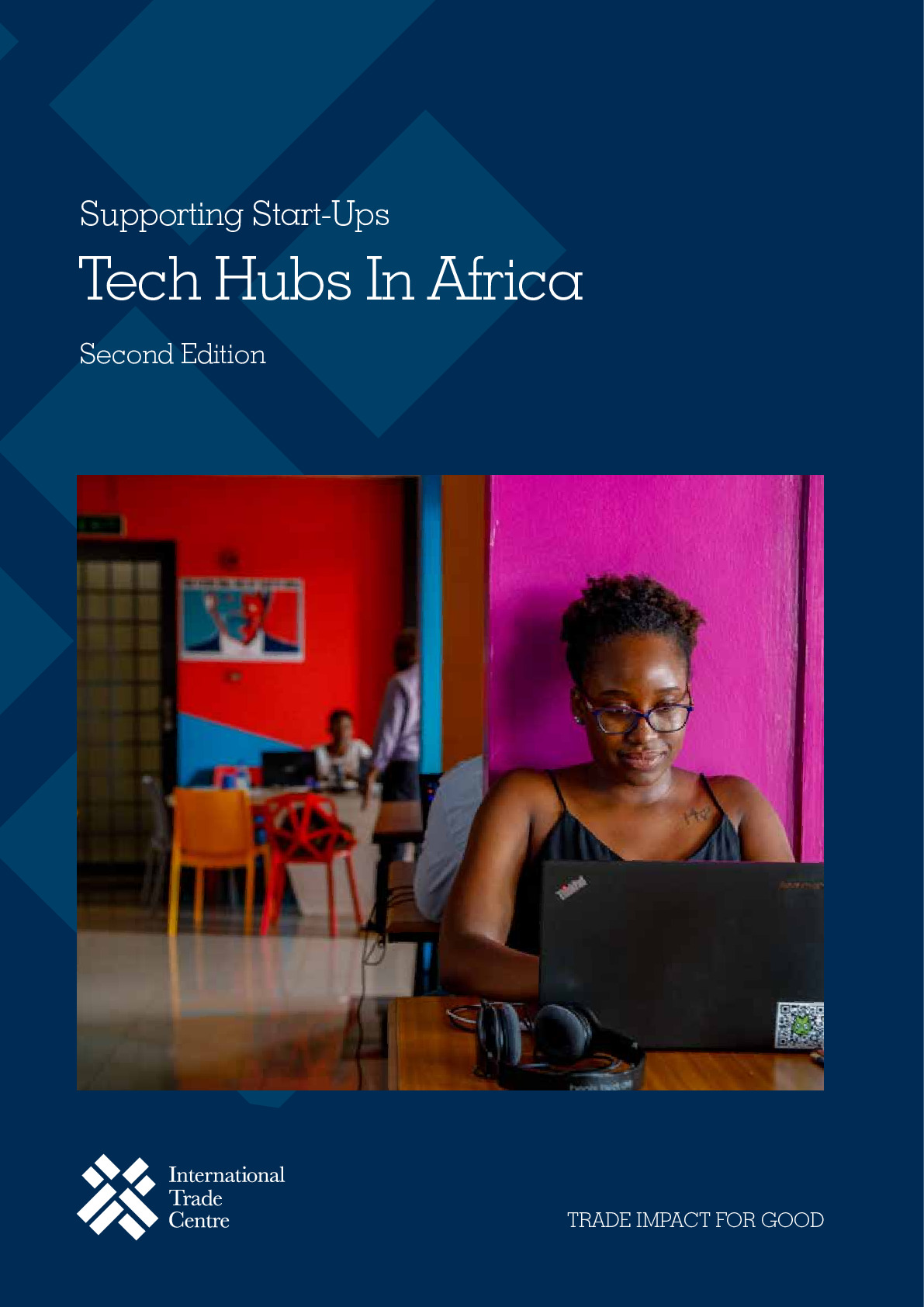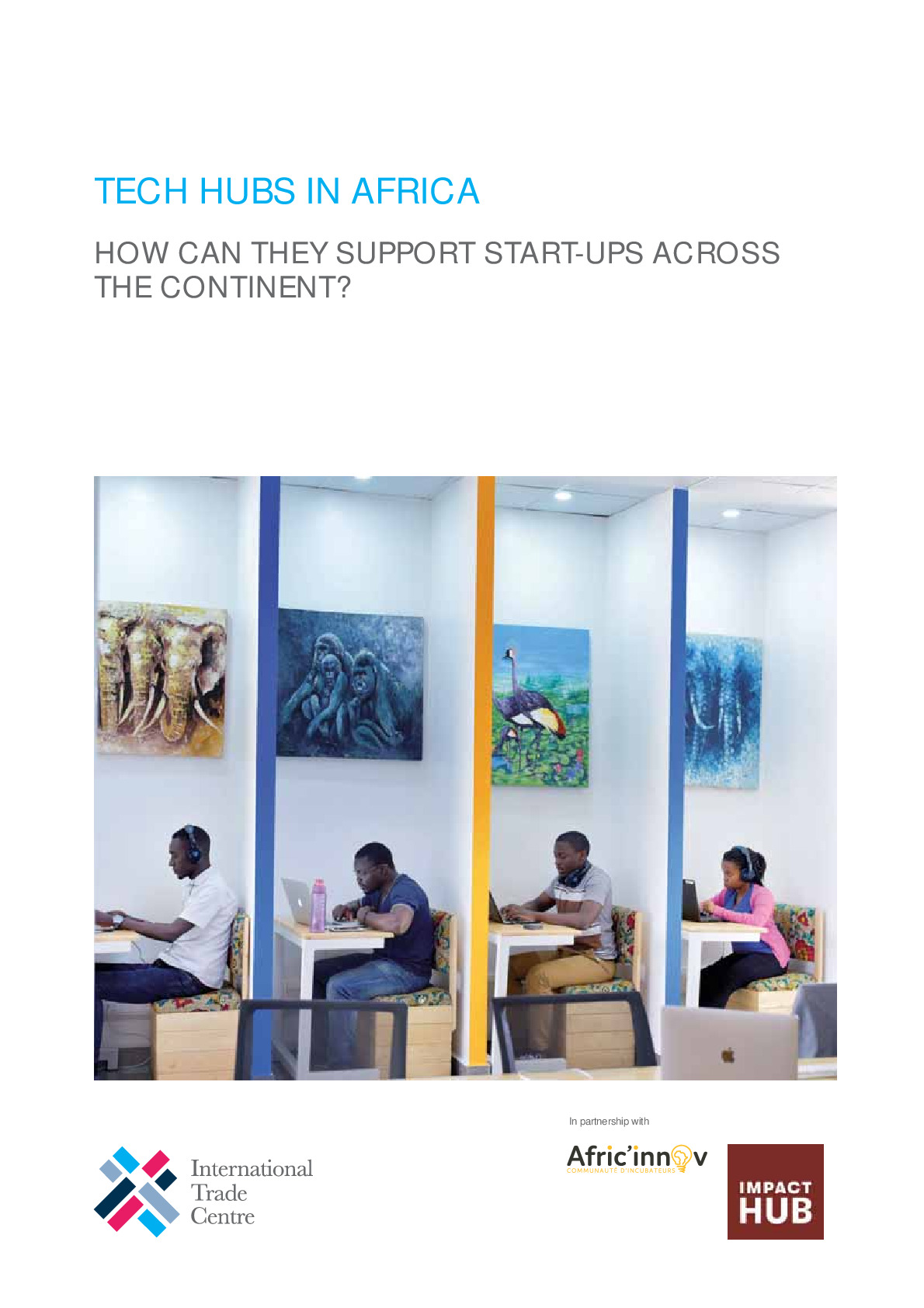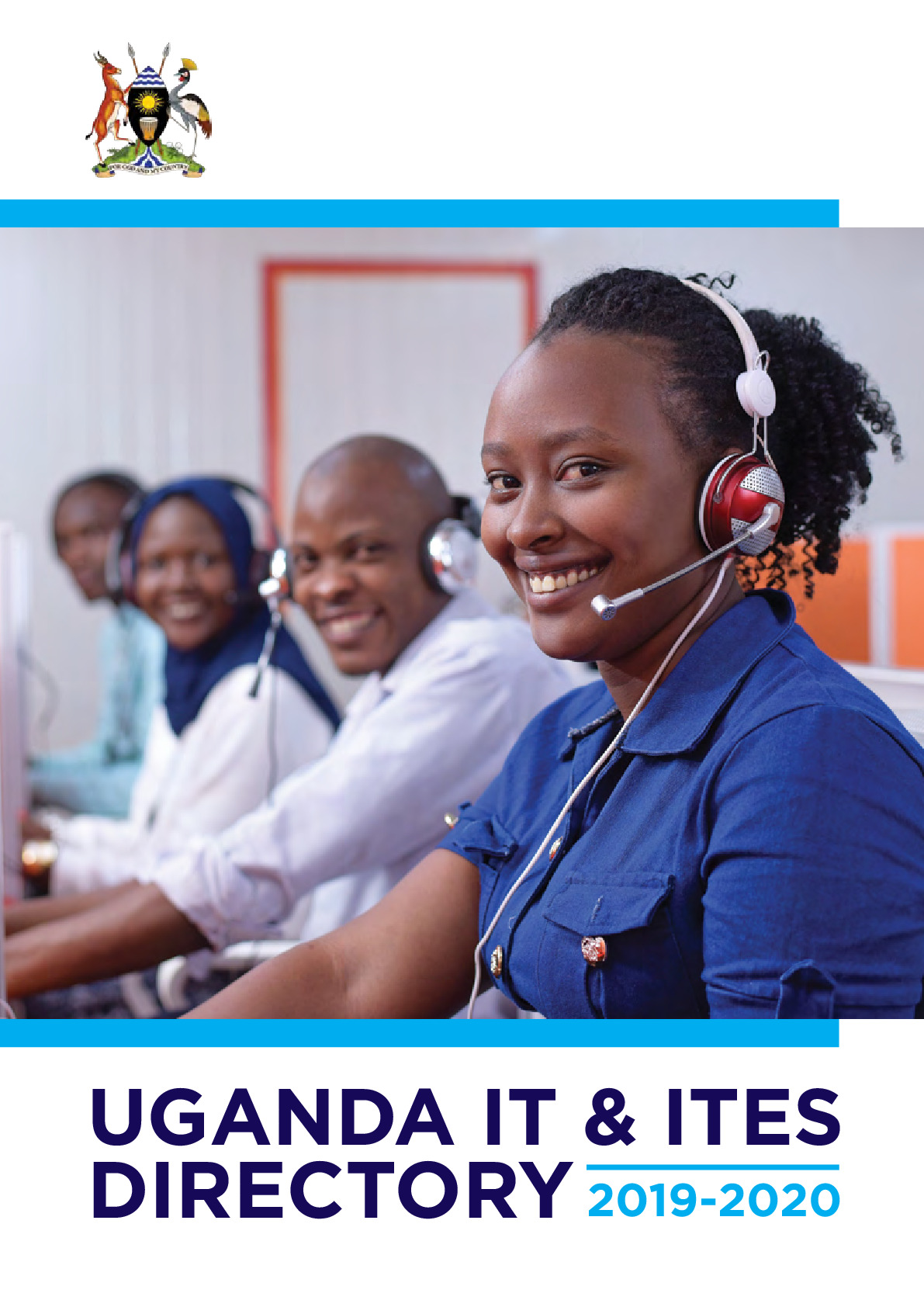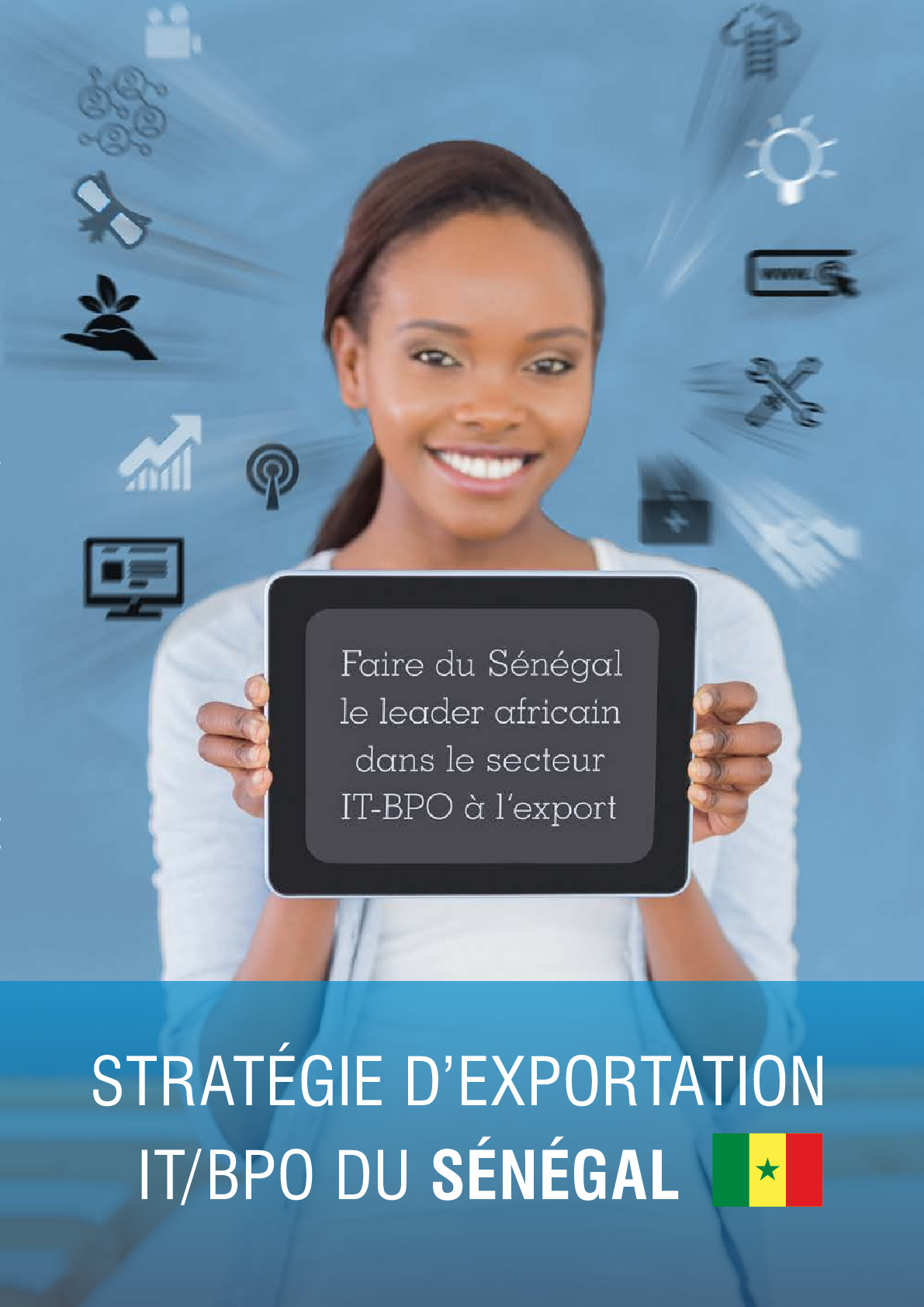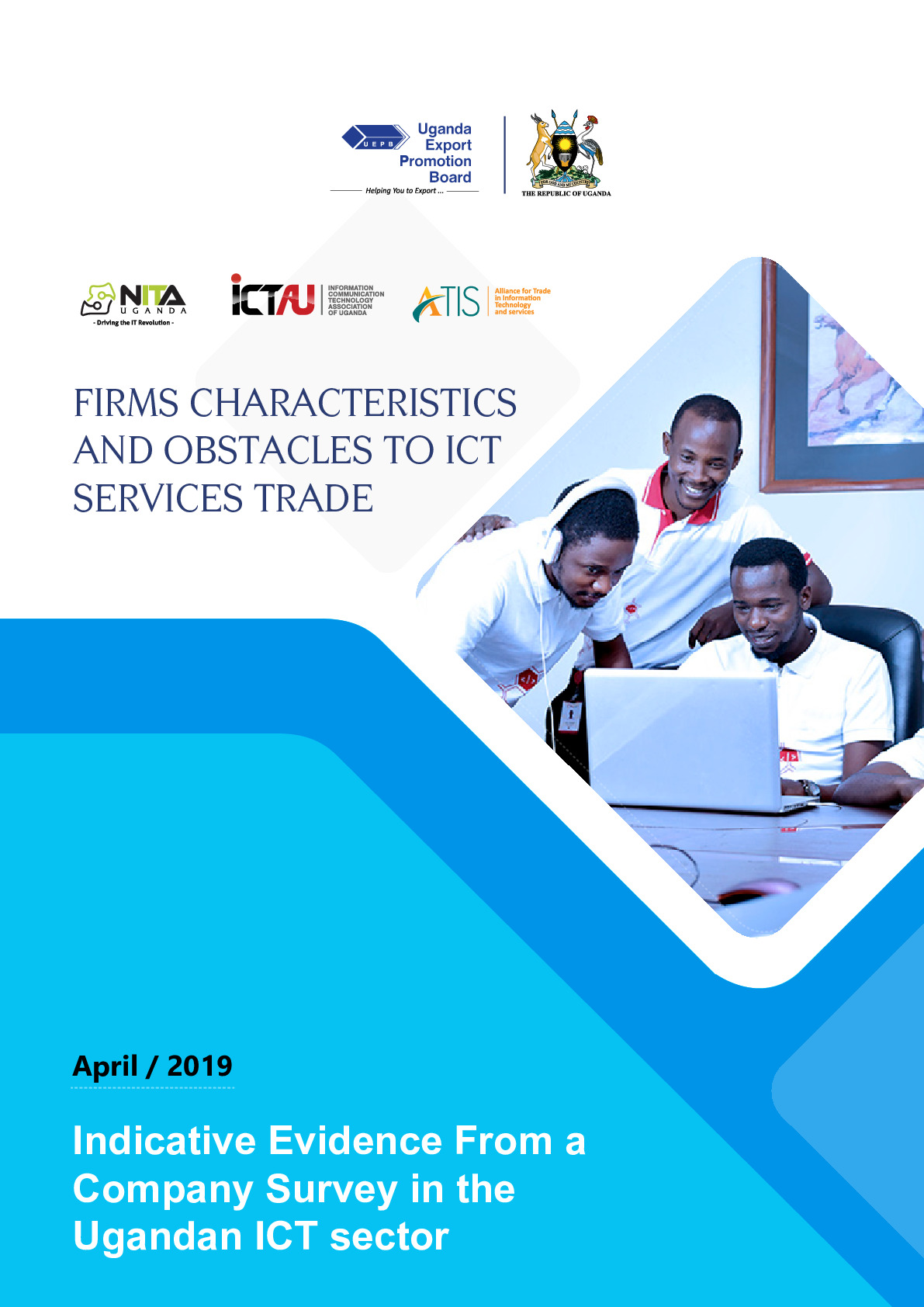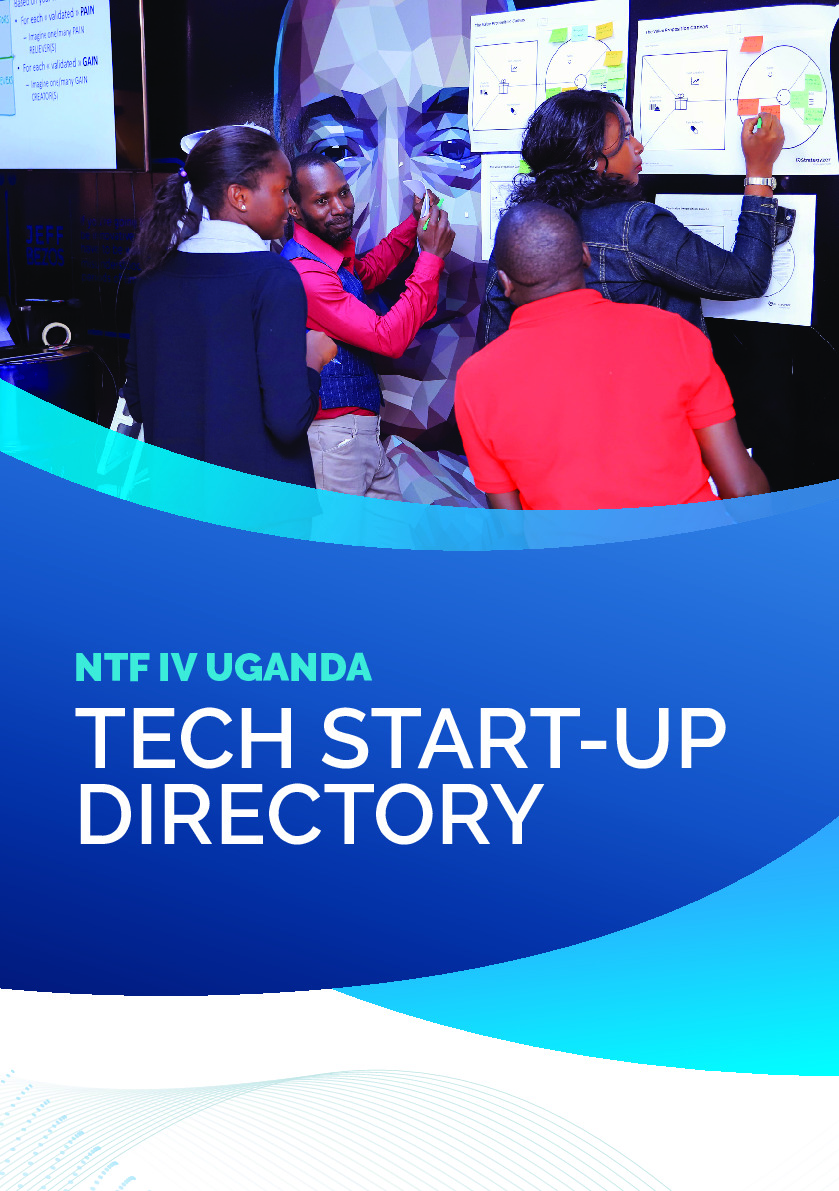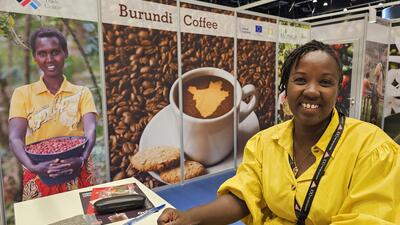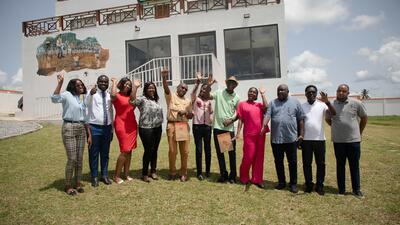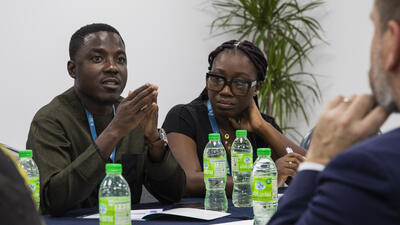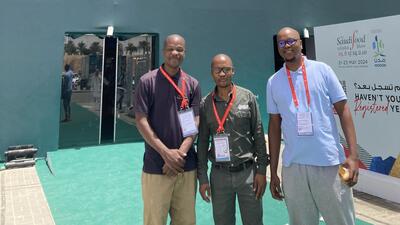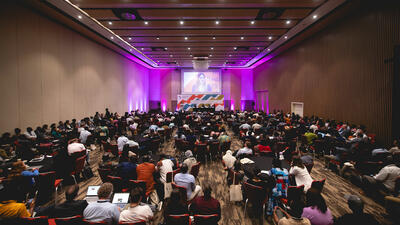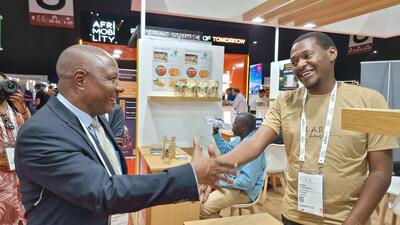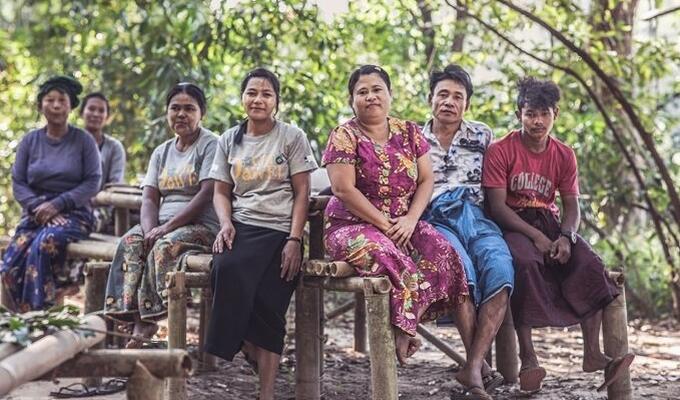


Netherlands Trust Fund IV – Export Sector Competitiveness Programme in IT & ITES, agriculture and tourism (NTF IV)
Overview
Summary
Linking support for agribusiness and digital technologies sectors
The Netherlands Trust Fund IV (NTF IV) - Export Sector Competitiveness Programme was based on a partnership agreement between the Dutch Centre for the Promotion of Imports from developing countries (CBI), affiliated to the Ministry of Foreign Affairs of the Netherlands and the International Trade Centre. The agreement was signed in September 2017, and ran to end June 2021. NTF IV built on the successful cooperation between ITC and CBI. This cooperation has been embodied in a series of programmes called Netherlands Trust Fund I, which ended in 2009, the Netherlands Trust Fund II, which ended in June 2013, and the Netherlands Trust Fund III, which ended in June 2017.
NTF IV aimed to enhance export competitiveness of certain sectors in selected countries through an integrated approach to competitiveness built around one outcome – generation of export revenues.
ITC implemented NTF IV through four individual country/sector projects linked to joint advocacy at the global level, especially on women. CBI and ITC selected the four country/sector combinations building on jointly defined criteria including country requests, market demand, CBI/ITC and Dutch Ministry of Foreign Affairs priorities, and feedback from Dutch Embassies and other donors on how Netherlands assistance can best be prioritized within the comparative advantages of ITC and CBI.
Partners
Sustainable Development Goals
Projects
International Trade Centre’s NTF IV Inclusive Tourism project in Myanmar focused on fostering economic opportunities through the development of sustainable tourism products in Myanmar – consolidating previous project results in Kayah State and extending activities to Tanintharyi Region. In addition, the project supported Myanmar’s tourism industry at the national level in the following areas: marketing and branding, tourism statistics, and development of codes of conduct for tourists, tour operators and communities.
The NTF IV Inclusive Tourism project is funded by the Government of The Netherlands. ITC continued its close collaboration with the Netherlands’ Centre for the Promotion of Imports from Developing Countries (CBI) and its parallel tourism project assisting tour operators and the national sector associations in export promotion.
More about our work:
Digital marketing holds promise for tourism in Myanmar
From Kayah to Tanintharyi: Expanding inclusive tourism in Myanmar
Tanintharyi chosen as second Myanmar state to benefit from ITC tourism project
In Senegal, NTF IV supported the development of the local IT/ITES sector though::
- Strategic, inter-ministerial coordination; an information technology (IT) & information technology-enabled services (ITES) export-development strategy; and positioning of Senegal on the global IT & ITES market
- Strengthening OPTIC (Organisation of Information Technology and Communication Professionals) as a provider of export advisory and training benefiting its current and future members
- Developing markets with Senegal’s main trade promotion organization, ASEPEX and OPTIC using techniques already developed under NTF III for Bangladesh, Kenya and Uganda
- Building training capacity in export marketing planning and sales
- Mobilizing the Senegalese network of foreign trade representatives to promote IT & ITES trade opportunities to complement the work done around investment promotion.
For examples of our work:
VivaTech : une vitrine pour l’innovation numérique en Afrique
Senegalese tech start-ups make business connections at VivaTech
African tech companies show interest in ICT environmental sustainability
The NTF IV Uganda aimed to strengthen small businesses by influencing policymakers, regulators, as well as trade and investment support institutions. We also worked with private trade and business support providers, along with international market partners to create a supportive environment for IT and IT-enabled services.
The intermediary outcomes of NTF IV were:
- Policymakers and regulators monitored and coordinated the implementation of the endorsed the IT&ITES export plan and country marketing plan.
- Trade and investment support institutions (ATIS, ICTAU, and UBPOA) extended and improved their export-related services for IT & ITES.
- Small businesses and start-ups took steps to become more competitive.
- Beneficiary companies and supported associations developed international linkages and built partnerships.
For examples of our work:
Taking Companies from Local to International Success: The Crucial Role of Export Marketing Coaches
NTF IV Training, Mentorship in Uganda lead to Tech Startup Growth, Job Creation
Uganda’s Hostalite partners with Ethiopia’s top mobile payments company
Ugandan, Senegalese start-ups live ‘in the future’ at CEBIT digital expo
Performance roadmap shows Uganda’s ICTAU how to better serve its members
Ugandan start-ups part of the solution during COVID-19
Why should your start-up move to Uganda?
NTF IV Training, Mentorship in Uganda lead to Tech Startup Growth, Job Creation
This project boosted production and trade of cocoa across the value chain in Sierra Leone, Liberia and Guinea. Smallholder producers improved post-harvest efficiency, connected better to markets, and complied with relevant standards.
An example of our work:
Liberian cocoa sector stakeholders identify impediments, suggest solutions










